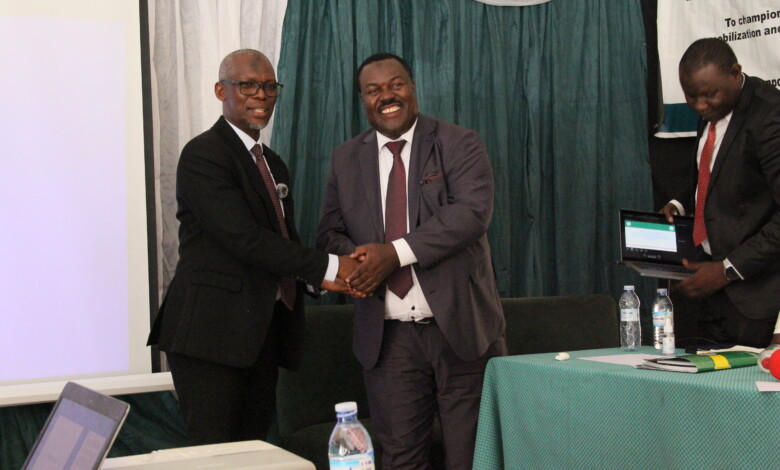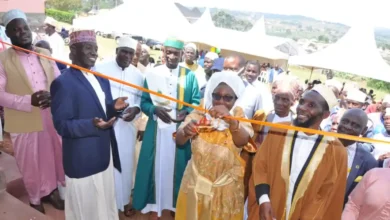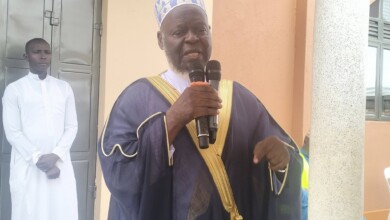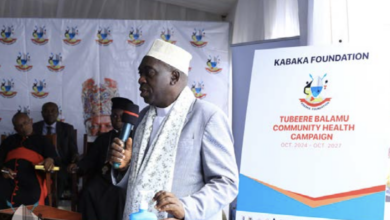Low enrollment of Muslim students in science fields worries IUIU

By Ahmed Idriss
The Islamic University in Uganda (IUIU) is facing a worrying trend: a low uptake of science-based courses among Muslim students. This development has raised concerns among Muslim leaders and educationists, who fear it may hinder the community’s efforts to excel in various fields.
According to the university’s vice rector in charge of academics, Dr Jamil Sserwanga, enrolment of Muslim students for professional science courses is still low despite the university offering reserved slots.
“We are teaching all professions—Islamic studies, Sharia, up to medicine—but the challenge is; we are given 100 slots; for example, let’s say in medicine, but you will find that for us with the caps and hijabs, we only bring two or three,” he said. “We need to develop capacity right away from home to encourage Science Education, Technology, and Mathematics [STEM],” he added.

He was delivering a keynote address during the launch of the North Eastern Muslim region’s annual work plan and budget for 2025 at Taj Mahal Hotel in Soroti city.
Referencing the ongoing construction of the engineering and technology faculty estimated to cost more than $13.79m (approximately Shs 5.1 billion) sourced from the Islamic Development Bank (IsDB), Sserwanga said the university may struggle to attract Muslim students to its engineering and technology programs.
To close the gap, Sserwanga has urged Muslim parents to build capacity within their homes to inspire their children to pursue science subjects.
The regional assistant to the Mufti, Sheikh Abubakar Umar Obilan, unveiled an ambitious work plan that he hopes to implement with a budget of more than Shs 38 billion. Most of the money is expected to be raised locally. Obilan intends to spend 38 percent of the budget on social services and education.
“Our budget estimates cover the region, down to the district and county levels. We opted for this approach because people were no longer sending money to the district headquarters due to the lack of accountability for the past remittances,” Sheikh Obilan told _The Friday Call_.
In his new mode of work, Obilan wants the various administrative units to develop respective work plans and activities.
“Community members will be invited to provide support depending on their ability. For example, if we are building a mosque or offices, individual Muslims will be asked to contribute in whatever form they can,” he said.
The region also expects budget support from the Uganda Muslim Supreme Council (UMSC) headquarters, the civil society, self-sustaining projects, and partnerships with the local business community.
Speaking at the same event, Haji Abbas Ssekyanzi Muluubya, the UMSC secretary-general, stated that the proposed budget aligns with the UMSC national budget theme for the 2025/2026 financial year and is consistent with the council’s strategic plan.







